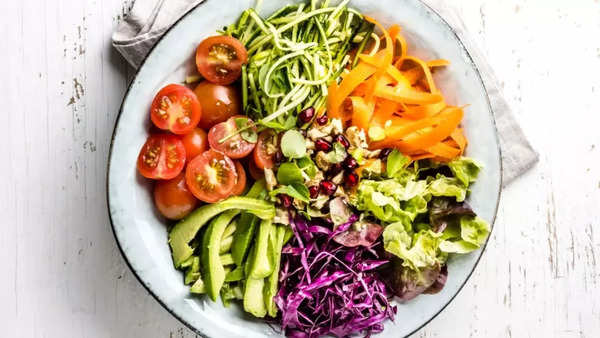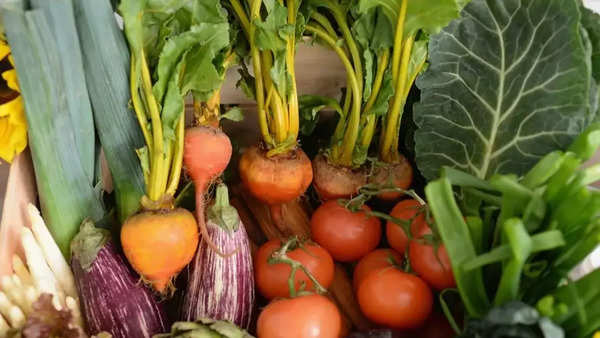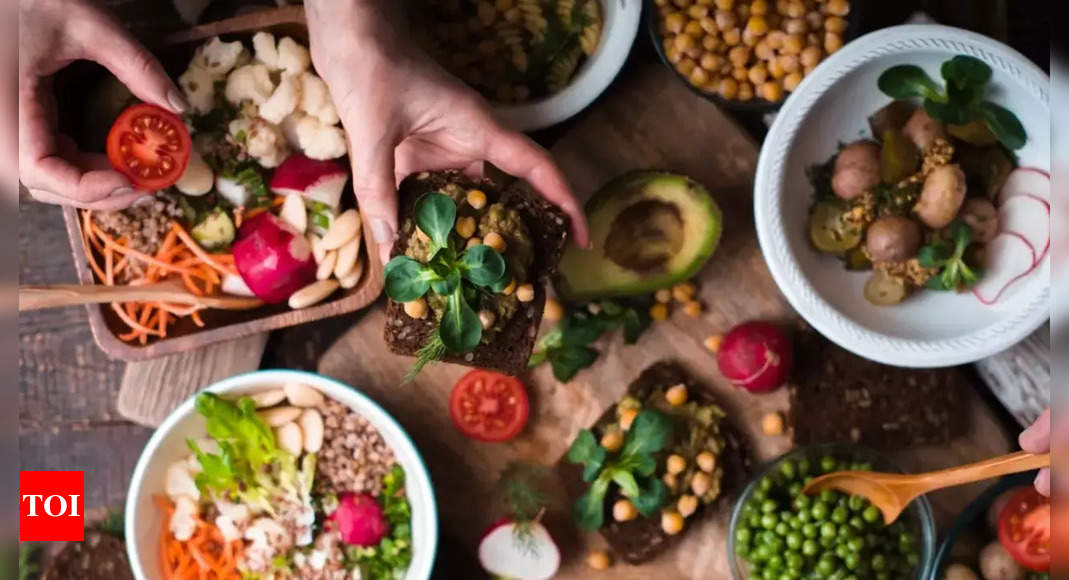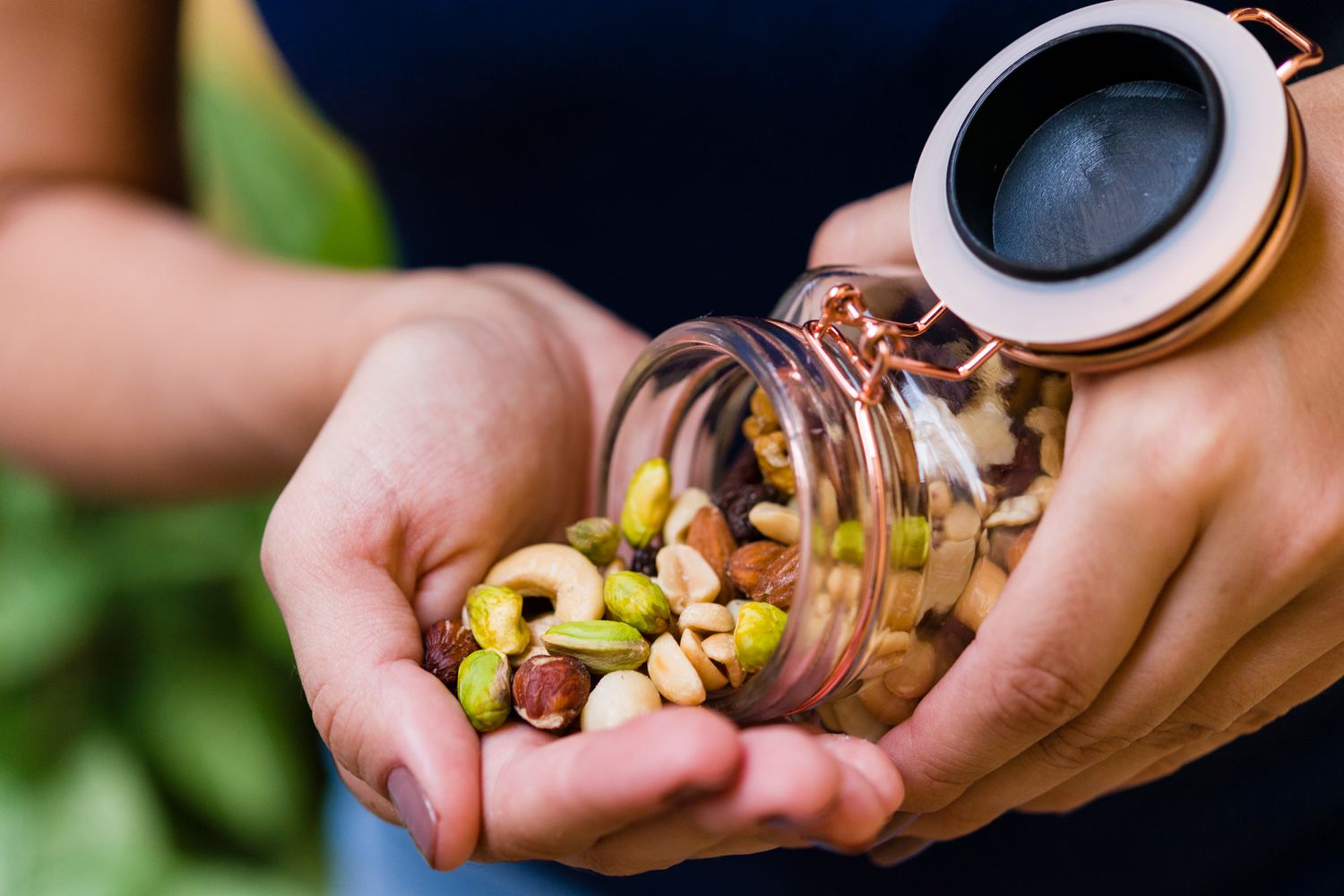As winter has withered and summer is on its way, a shift in lifestyle is on the cards as well. Apart from altering your whole wardrobe before summer kicks in, a lot to be changed in the diet as well. Veganism, which is considered a growing trend globally, can be very appropriate for summer as it allows for a diet rich in fresh fruits and vegetables, which are naturally hydrating and can help you stay cool in hot weather, while also promoting healthy digestion, and potentially reducing feelings of heaviness associated with meat and dairy consumption.
What is veganism?
Veganism is a lifestyle that avoids the use and consumption of animal products. It’s based on the idea that animals shouldn’t be exploited or treated cruelly for food, clothing, or any other purpose.
But the question is, could you sustain yourself on a vegan diet for back-to-back three months, especially when you’re just starting out?
Binging on raw vegan food:
Khamar Brown, a YouTuber, went ‘raw vegan’ for 90 days, and he ended up losing 77 pounds in the process.
Brown took to his channel to document his incredible weight loss journey and shared his secret to battling cravings for junk food whenever they would pop up. In his own words, “I strictly ate fruits and raw veggies. No cooked food. No liquor. No hot food. None of that.”
Brown only indulged in vegetables for the first four weeks, eating things like cucumbers, tomatoes, and avocados. Once he incorporated fruit, he enjoyed a healthy amount of bananas, pineapples, berries, peaches, apples, and grapes.
Brown mostly ate his fruit prepackaged, but, when he wanted something that felt more substantive, he threw them into a blender to make a smoothie. He noted that his appetite, which used to be quite large, with him eating multiple portions in one meal, went down significantly. He also added that, before transitioning to just fruits and vegetables, he did three days of the OMAD diet, in which you only eat one meal a day.
Although Brown’s reasons for embarking on the diet were highly personal, he said, “It was either between this diet or the military, ” adding that he had gone through something “very traumatic” in December that “rolled over” into the new year.
Brown revealed that he wanted something that would give him the sense of structure that either the army or a strict diet could bring. He said, “This journey goes beyond losing weight. For me, it was a spiritual journey, it was a healing journey … it was a whole lot of journeys combined into one.”
Just three months of ‘raw vegan diet’ later, Brown was down from 282 pounds to 205, representing an astonishing 77-pound weight loss. What’s more intriguing is that he emphasized that he was able to achieve this incredible feat despite “not working out at all.”
Did he ever have cravings while going through the raw vegan diet?
Brown admitted, “The first month I would say I had cravings.” But he also mentioned that whenever he’d start to crave something that didn’t fit into his diet plan, he’d watch similar content or indulge in mukbang videos, in which he’d watch other people eat.
What is a raw vegan diet?
Raw veganism is a subset of veganism. Like veganism, it excludes all foods of animal origin.
A raw vegan diet is a plant-based diet that consists of unprocessed, raw foods. It excludes animal products and foods that require cooking.
A 2024 study placed 22 sets of identical twins on omnivore and vegan diets for eight weeks, with the vegan group experiencing an average weight loss of 3%, along with a 10% to 15% reduction in LDL cholesterol and a 25% decrease in insulin levels.
Benefits of a raw vegan diet?
A raw vegan diet can have many health benefits, including weight loss, improved digestion, and a reduced risk of heart disease.

Weight loss: A 2023 study found that people on a raw vegan diet lost an average of 9.9 kg in men and 12 kg in women over 3.7 years. Moreover, raw foods are high in volume and low in calories.
Heart health: A raw vegan diet may improve heart health due to its focus on fruits and vegetables, both of which are consistently linked to lower blood pressure and a reduced risk of heart disease and stroke. This way of eating also includes plenty of nuts, seeds, sprouted whole grains, and legumes. Studies show that these foods may improve blood cholesterol levels and further lower your risk of heart disease.
Digestion: The high amount of fiber in whole plant foods may help improve your digestion. Raw vegan diets are high in both soluble and insoluble fibers. Insoluble fibers add bulk to your stools and help food move more quickly through your gut, reducing the likelihood of constipation. Soluble fiber is also beneficial, as it helps feed the good bacteria in your intestines. In turn, these healthy bacteria produce nutrients, such as short-chain fats, which help reduce inflammation in your gut. They may also improve symptoms of irritable bowel syndrome (IBS), Crohn’s disease, and ulcerative colitis.
May help with Diabetes: A raw vegan diet may also reduce your risk of diabetes. Again, this may partly be due to its focus on fruits and vegetables, which are linked to a lower risk of type 2 diabetes. Additionally, this diet is rich in fiber — a nutrient linked to lower blood sugar levels and increased insulin sensitivity. A 2023 study linked vegetarian and vegan diets to a 12% lower risk of type 2 diabetes, with vegan diets being the most effective. Moreover, vegan diets contain good amounts of nuts, seeds, sprouted grains, and legumes, which may further help lower blood sugar levels.
The potential risks:
A raw vegan diet might be nutritionally unbalanced. One of the prerequisites to a well-planned vegan diet is to ensure it provides all the vitamins and minerals your body needs. One can do so by consuming either fortified foods or supplements to compensate for the nutrients it is naturally low in.

A study published in The Journal of Nutrition found that 100% of participants following a raw vegan diet consumed less than the recommended 2.4 mcg of vitamin B12 per day. Moreover, more than a third of the participants were vitamin B12 deficient at the time of the study.
This kind of diet also tends to be low in calcium and vitamin D — two nutrients needed for strong bones. While some raw vegan foodists may be able to get enough vitamin D from sun exposure, older adults, people living in northern latitudes or those with darker skin may be unable to consistently produce enough vitamin D from sun exposure alone. Additionally, a raw vegan diet tends to provide very little protein — often less than 10% of your total number of calories per day. Protein is important for preserving muscle mass, especially during periods of low-calorie intake that lead to weight loss — such as can be expected on this diet.


